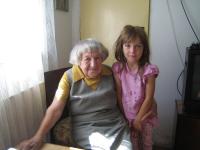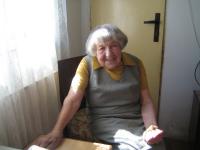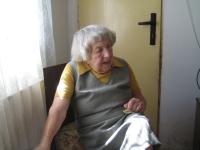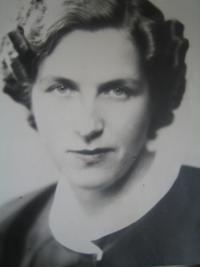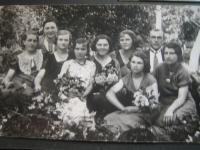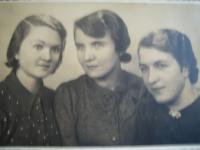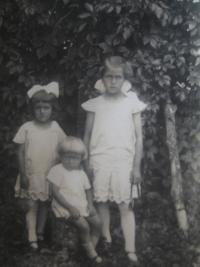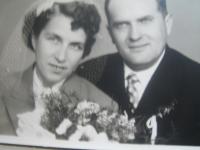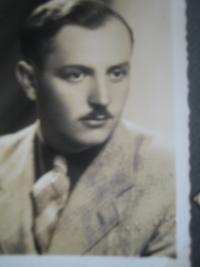In Volhynia, we still remained attached to the Republic
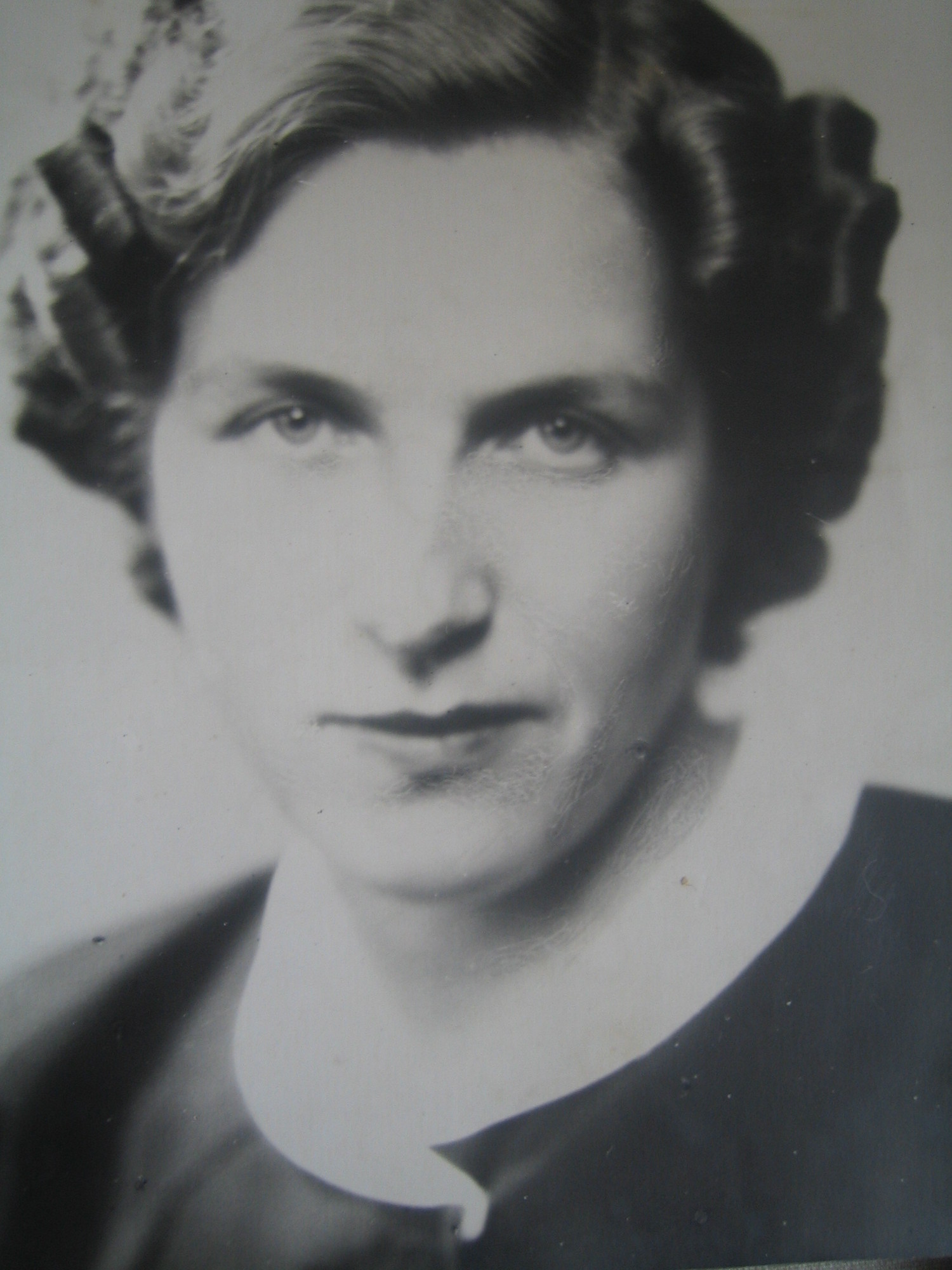
Download image
Tamara Lenzová, nee Křivková, was born on 16th June 1919 in Česká Huleč in the Polish part of Volhynia. Her parents had a grocery shop and a dairy. After studies at a Czech school Tamara started working in a butchery shop in Rivne. In her childhood and early youth she was interested in the Czech cultural life - she was a member of the Sokol organization and attended Czech balls and gatherings. After the Soviet occupation of Volhynia in 1939 she returned to Huleč and worked in the local grocery shop. She witnessed the frontline sweeping twice through the land. In 1944 her brother joined the Czechoslovak units. After the war, Tamara and her parents moved to Czechoslovakia and settled down near Rakovník in central Bohemia. Tamara worked in an agricultural concern in Vroutek and Podbořany and she married one of her colleagues. In 1960 started working for the local municipality. She lives in Vroutek.
